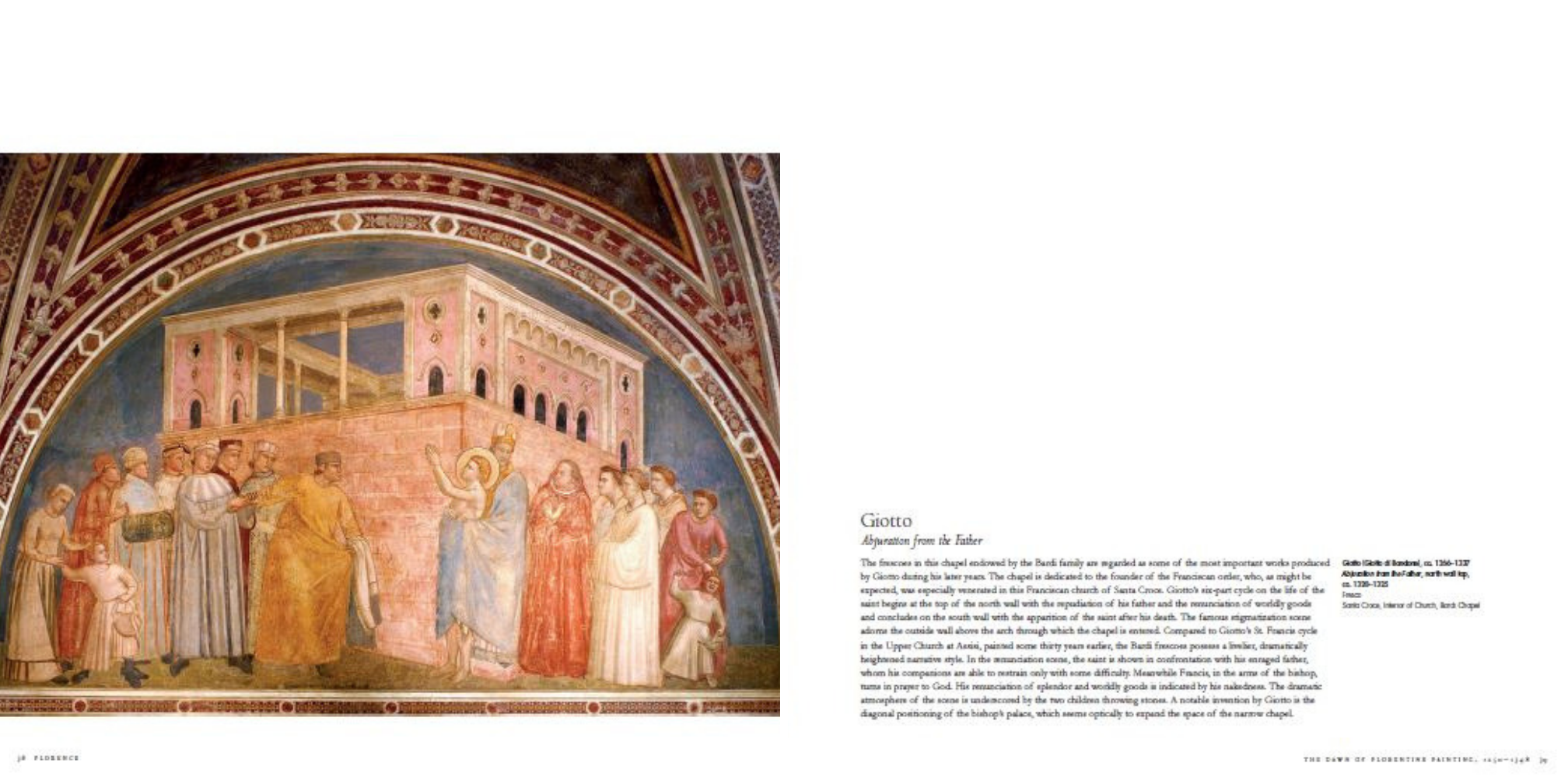

Vespasiano da Bisticci, at the age of 11 in 1434, went to work for a bookseller - as King points out, while Florentines then might have been enlightened, they weren’t against using child labour. He worked as a spy and a diplomat and so “The Bookseller of Florence” becomes about much more than just Vespasiano: it’s provides a backdrop for the times, with the bookseller at the centre of it. “He was sort of the Forrest Gump character, he was everywhere,” King says. Vespasiano is not much written about himself in the history books, but he does appear here and there, King notes, because he wrote the book “The Vespasiano Memoirs: Lives of Illustrious Men of the XVth Century,” a book of biographies of famous men - “and one woman” - of the time, which means he’s been often quoted in history books. While “The Bookseller” is a story about Florence and the Renaissance, and the competition for power and knowledge and influence, it’s also a story about an independent bookstore and the bookseller who owned it. “You could argue that the grandeur that was Florence was based on educating their children.”Ĭanadian author King, who’s from Saskatchewan but based in the U.K., won the RBC Taylor Prize in 2017 for “Mad Enchantment,” his biography of French impressionist painter Claude Monet. “That’s what the Florentines had really from the time of Dante forward,” says King. They really believed there was something to knowing how to read and write, and to numeracy.

Compare that to Paris or Milan at the time, which boasted just a 20 to 25 per cent comparable literacy rate.

Not Latin, mind, which was the language of education. “One of the best estimates is that it was seven out of every 10 adult males were able to read in the vernacular,” says King. “Clearly, it wasn’t something genetic or something in the water … something that had to be happening within that society that enabled people to shine,” says King, whose latest, “The Bookseller of Florence,” takes us through description and anecdote to 15th-century Italy and the heart of the Renaissance.Īnd the thing about the Renaissance that Florence commanded more than anyone else? Literacy. The city was producing geniuses including Leonardo da Vinci and Michelangelo, and one of the questions historians have had for decades, according to author Ross King is: How did a city of just 40,000 people create so much? So what was it about Florence that allowed Vespasiano da Bisticci, the son of a mere wool trade worker, to scale great economic and social heights, becoming one of the most influential men in the city and of the Renaissance?įlorence in the mid-1400s was punching above its weight in terms of art and culture and literature and ideas.


 0 kommentar(er)
0 kommentar(er)
